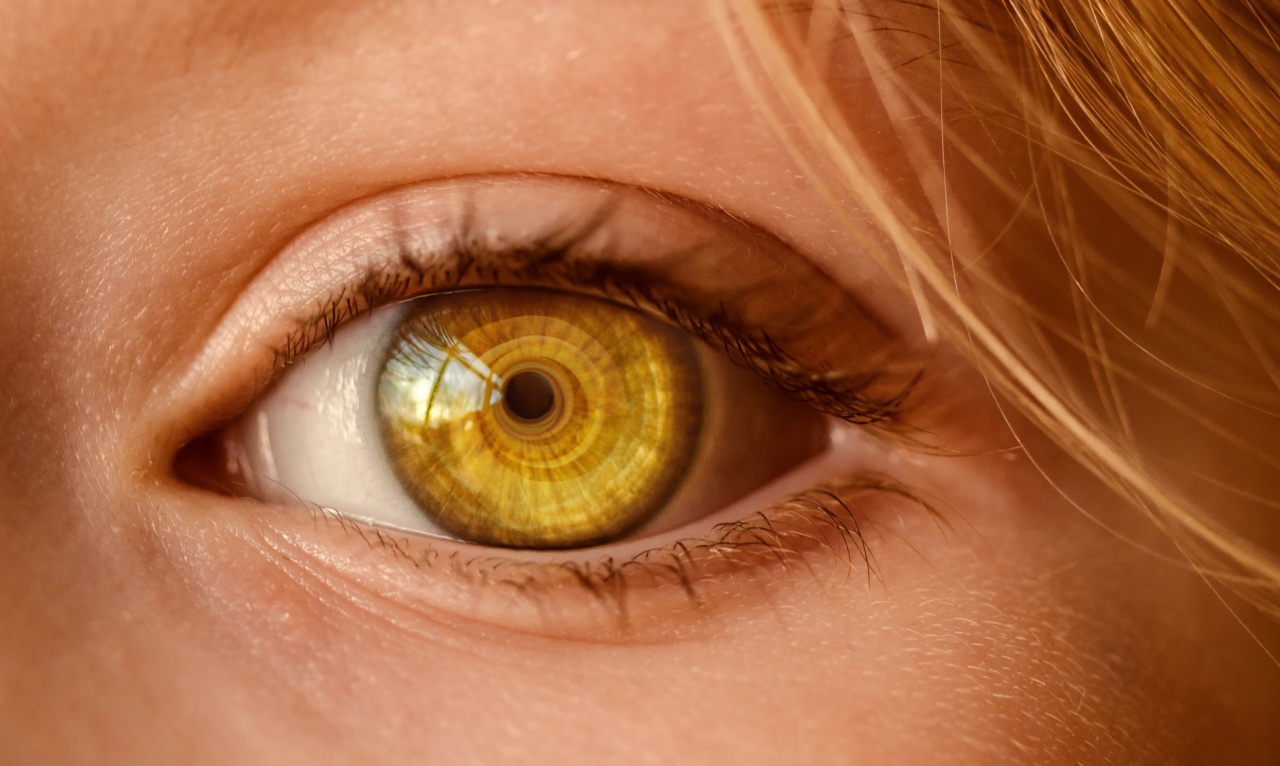In recent years, there has been a growing body of research examining the intricate relationship between psychological factors and the risk of developing skin cancer.
While sun exposure and UV radiation are widely recognized as primary causative agents, more attention is now being given to the impact of various mental and emotional factors on susceptibility to skin cancer.
The Role of Stress
Chronic stress, whether related to work, personal life, or other factors, has been identified as a potential contributor to skin cancer risk.
Studies have shown that high levels of stress can negatively affect the immune system’s functioning, making it less capable of detecting and eliminating cancer cells.
Furthermore, stress often leads to unhealthy coping mechanisms, such as excessive alcohol consumption, smoking, or neglecting proper skincare routines, which can further intensify the risk of developing skin cancer.
Unraveling Emotions
Emotions play a pivotal role in skin cancer risk. Research suggests that individuals who experience prolonged feelings of sadness, anxiety, or depression may be more susceptible to developing skin cancer.
The precise mechanisms underlying this association are yet to be fully understood, but it is believed that emotional distress can weaken the immune system’s response to malignant cells.
Besides, emotional individuals may engage in behaviors that increase their exposure to UV radiation as a result of seeking solace in outdoor activities or tanning beds, further elevating their risk.
The Impact of Mental Health
Mental health disorders, such as anxiety disorders and mood disorders, have been linked to an increased vulnerability to skin cancer.
Studies suggest that individuals with mental health conditions may have a compromised immune response, impairing the body’s ability to combat cancerous cells or mutations.
Additionally, some medications prescribed for mental health disorders, including certain antidepressants, could potentially make the skin more susceptible to UV damage, heightening the risk of skin cancer.
Psychological Interventions for Prevention
Recognizing the significance of psychological factors in skin cancer risk, experts emphasize the need for psychological interventions as part of comprehensive prevention strategies.
A holistic approach that addresses both external risk factors like UV exposure and internal factors like stress management and emotional well-being can prove to be highly effective in preventing skin cancer.
Stress reduction techniques, such as mindfulness meditation, yoga, and cognitive-behavioral therapy, have shown promising results in lowering skin cancer risk.
By promoting relaxation, these interventions help maintain a healthy immune system and reduce maladaptive behaviors associated with stress.
Moreover, psychoeducation programs that target individuals with mental health conditions can aid in raising awareness about the potential risks of skin cancer and the need for regular self-examinations and skin protection.
Conclusion
The interplay between psychological factors and skin cancer risk is undeniable. Stress, emotions, and mental health significantly contribute to an individual’s susceptibility to developing skin cancer.
It is crucial to acknowledge these factors and incorporate psychological interventions into skin cancer prevention strategies.
By addressing psychological factors alongside external risk factors, we can protect not only our skin but also enhance our overall well-being.
Stress management, emotional support, and proper mental health care can significantly reduce the risk of skin cancer and empower individuals to lead healthier, happier lives.





























